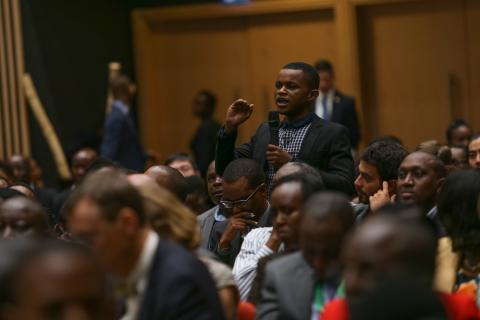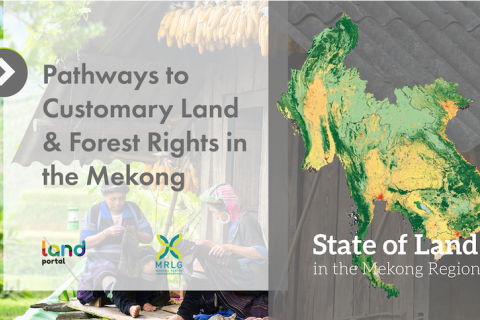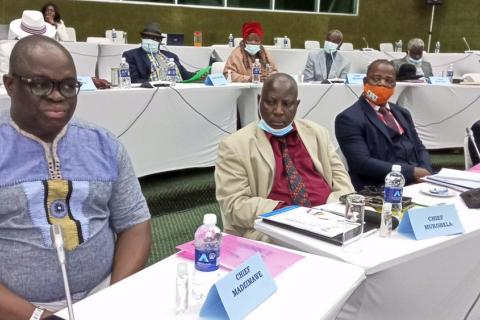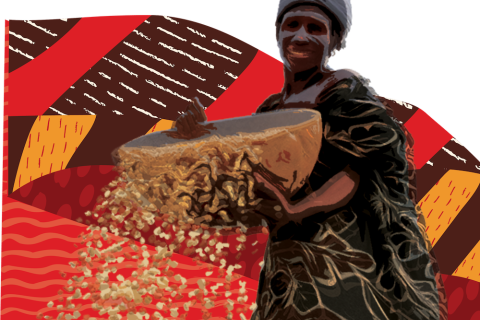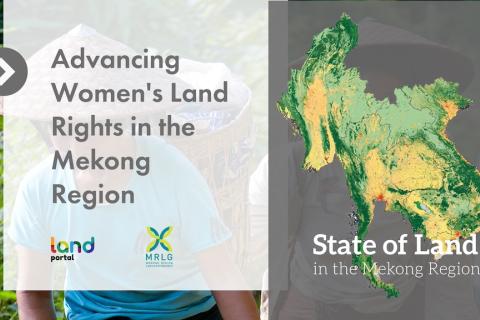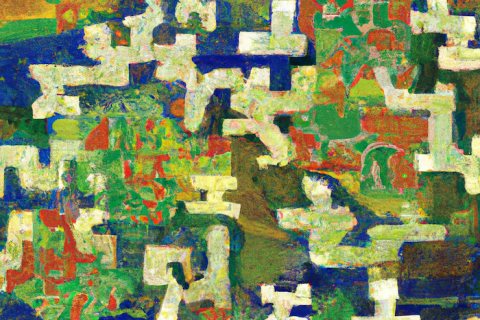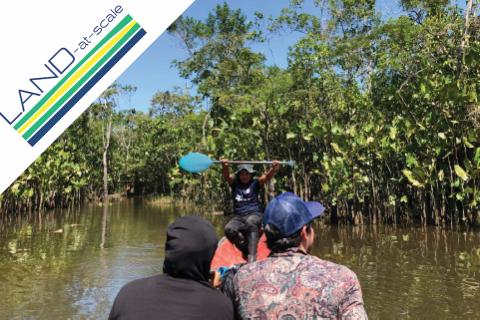Empowering Africa's Youth Through Land Rights: A Path to Sustainable Development
As I addressed the Fourth International Conference on Youth and Land Governance in Africa (CIGOFA4), I reflected on the critical issue of youth and land access in Africa, which remains a significant barrier to sustainable development. Land is more than an economic asset; it is the foundation of our cultural heritage, our identity, and the key to our future. However, across sub-Saharan Africa, land access continues to pose challenges, especially for our youth. These challenges, if left unaddressed, will hinder Africa's growth.

